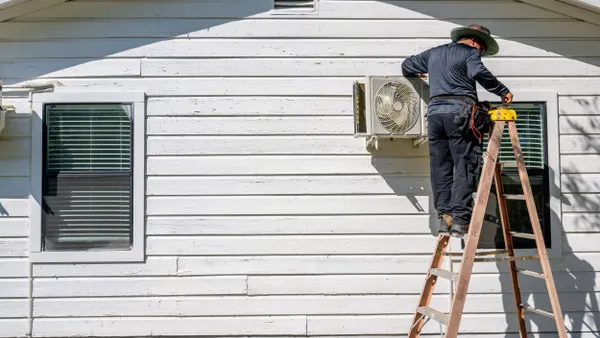Dive Brief:
-
Washington remains the top city for women in tech for the fourth year in a row, followed by Kansas City, MO, Baltimore and Philadelphia, according to a 2018 SmartAsset report of American cities with at least 200,000 residents.
-
Nearly 40% of the tech jobs in Washington are held by women. The national average is only about 26%.
-
However, Washington's pay gap increased. Women in Washington make 91% of what their male counterparts make — a decrease from last year's 95%. The national average is 84%, but in Fremont, CA, the pay gap sits at 78%.
Dive Insight:
There are different reasons tech jobs flourish in different cities. It is unsurprising women tend to do better in the nation's capital as opposed other cities. Not only is the D.C. metro area a tech hub of its own, but sits in the heart of where legislation is passed that can directly impact the tech industry.
Still, the representation of women in tech is weak. It's going to take considerable action from lawmakers and other leaders to assist schools in diversifying computer science curricula for students in K-12 to help fill the pipeline with more women. Despite best efforts, school districts nationwide are either slow or resistant to offering computer and STEM-based classes.
But after the major cyberattacks in 2017, more women are being drawn to the technical workforce. About 60% of women claim those in the field are "skilled problem solvers," yet the lack of exposure to the industry is a set back for them.
For the women already in the field, branching outside of Silicon Valley is becoming increasingly popular. Although present elsewhere too, the original tech hub is plagued by cases of sexual harassment and a disproportionately low female workforce.
Cities including Austin, TX, and Washington are even beginning to outpace Silicon Valley's lucrative salaries when cost of living is adjusted. Though the overall average tech salary is steadily increasing and is currently about $136,000, discrimination is still prevalent. Minorities make anywhere between $3,000 to $6,000 less than their white counterparts.














